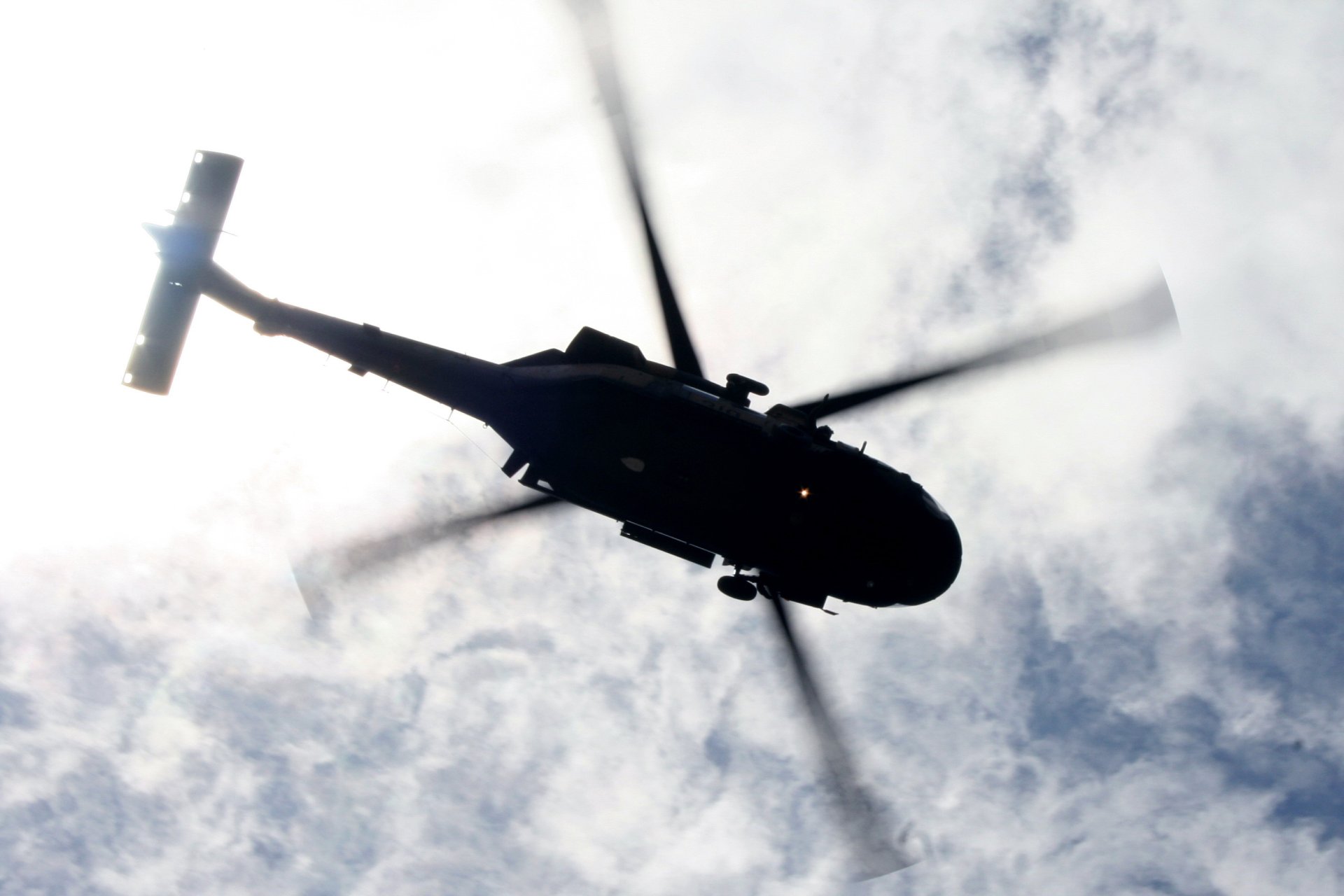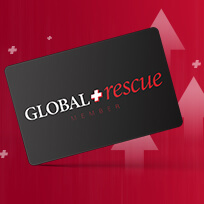What are the salient crisis preparedness issues?
DR: The saying is that generals are always fighting the last war. Well, people are always preparing for what they’ve experienced. Typically, that is the last crisis they faced. But changes for which you may not be at all prepared define the very nature of crisis.
Take a look at flu preparedness. The crisis happens in a minor way every year, in a major way every thirty years, and in a terrible way every one-hundred years. But we never know what’s going to happen and it’s a challenge getting corporations and institutions to invest the resources – both dollars and man-hours—to properly prepare. And you never know until the crisis occurs if you’ve done enough.
There’s a big market for crisis consultants, for disaster preparedness, for systems redundancy. The problem is in actually making all the plans operational. It’s just human nature to put together a plan and then let it rot on the shelf. When it needs to be put into operation, people have no idea what to do and haven’t been trained to do anything. That’s where companies like ours come in, to ensure that plans can be implemented when needed.
What can companies do to be more prepared for crises? What can a CEO do?
DR: They must set up clear decision-making structures and put people in place who can grasp the problems occurring, make decisions about what to do next, and put those decisions into action. Those people aren’t always the people sitting in the C-Suite. What are CEOs spending their time thinking about? It’s not, how am I going to respond to crisis? Instead: How am I going to grow the business, make this acquisition, continue negotiations.
That said, what these people do during crises is incredibly important because they’re the leaders everybody’s looking to. The solution all around is to train and simulate various crises. The quality of the training, how realistic it is, will determine whether you’ll have a successful outcome when the crisis occurs.
What dangers are there for companies that try to think up crisis response plans during actual crises?
It’s a great question because it’s something we see all the time. Those are the 2 a.m. phone calls that come into our operations center from a company with 10 people in Lebanonas the Hezbollah-Israeli conflict is starting, and they’ve got no idea what to do. We’ve actually had that happen. No idea what to do.
When it come time to mobilize, different corporate departments can even act in obstructionist ways, interfering with people trying to solve the crisis. We had a Fortune 25 company retain us to rescue their people. They approached us as if they were purchasing tool supplies. The purchasing division had to be involved, so did procurement, and legal. Everybody wanted something.
What it came down to, finally, was a C-Suite executive had to assert himself and cut through the bureaucracy that was preventing us from saving his people. We’ve seen it over and over. Sometimes these organizations get out of the way and let the problem be solved, and sometimes they don’t.
So here too we’re talking about planning – in particular, anticipating bureaucratic issues before the crisis. The lawyer negotiating your contract can’t be the one with all the power. You can’t let that happen when everything is on the line.
Related Posts

Mar 26, 2025 5 mins read
Mission Briefs: Global Rescue In Action – Issue 56

Mar 18, 2025 5 mins read
From Aconcagua Summit Dreams to Slopeside Survival: Nicole Lynch’s Unforgettable Airborne Rescue

Mar 05, 2025 3 mins read
Mission Briefs – SOS In Action: Issue 3

Feb 28, 2025 6 mins read
Medevac: The Critical Role of Rescue Helicopters in Emergency Medical Evacuations

Feb 21, 2025 5 mins read
Mission Briefs: Global Rescue In Action – Issue 55

Jan 24, 2025 5 mins read
Mission Briefs: Global Rescue In Action – Issue 54

Dec 20, 2024 6 mins read
Mission Briefs: Global Rescue In Action – Issue 53 – The Himalaya Special Edition

Dec 04, 2024 5 mins read



